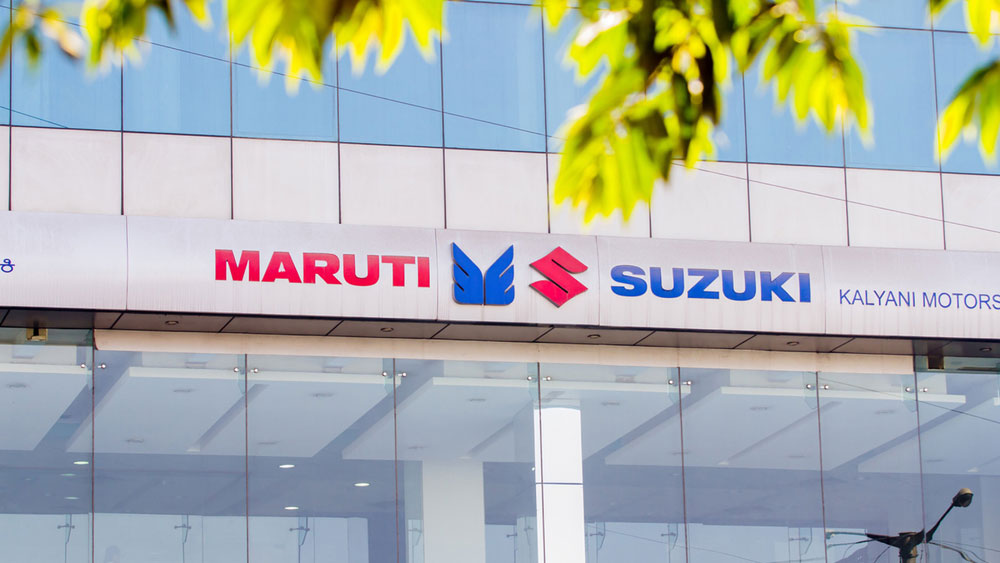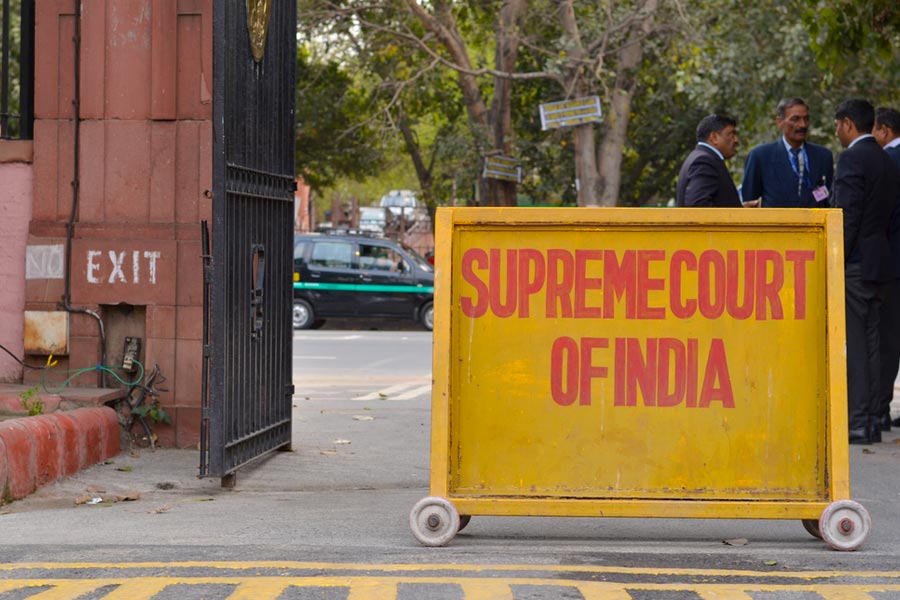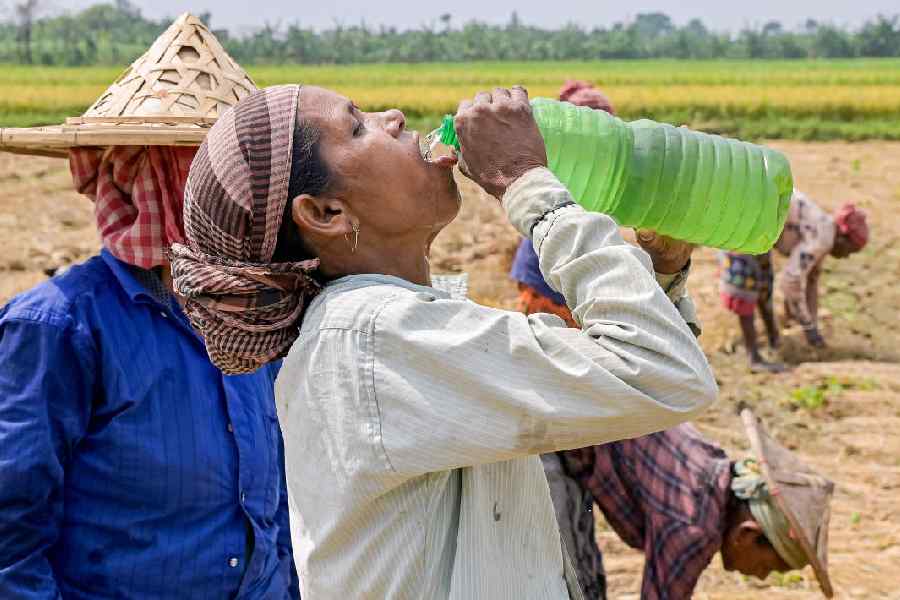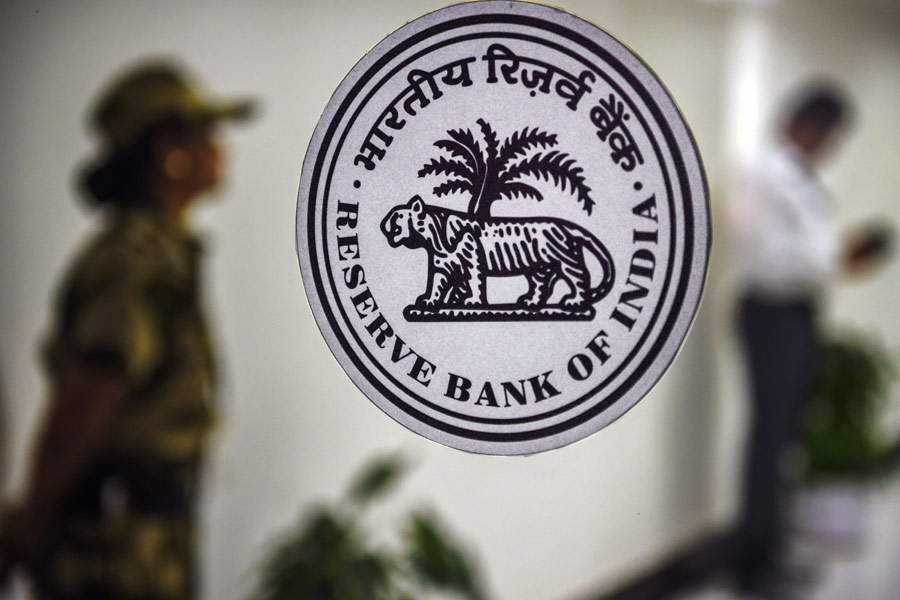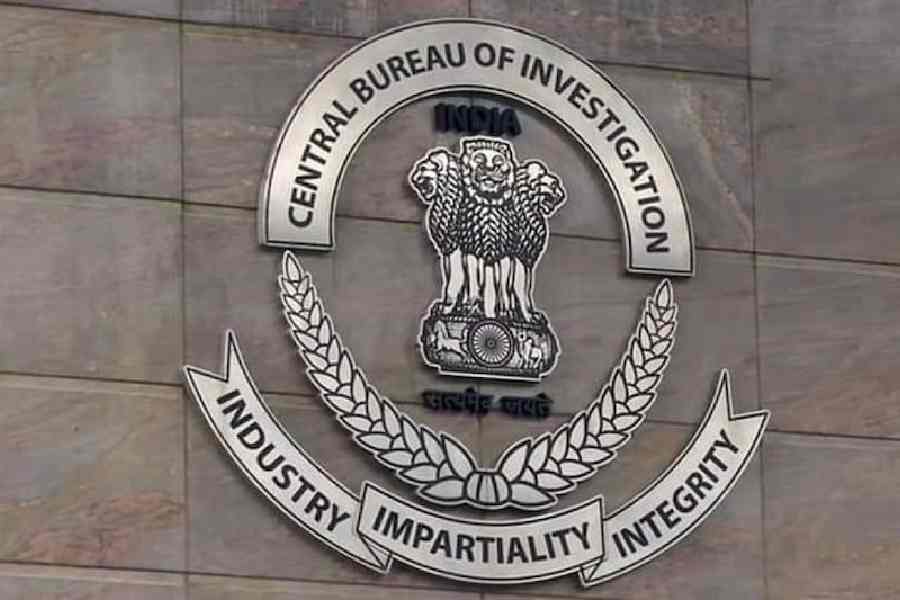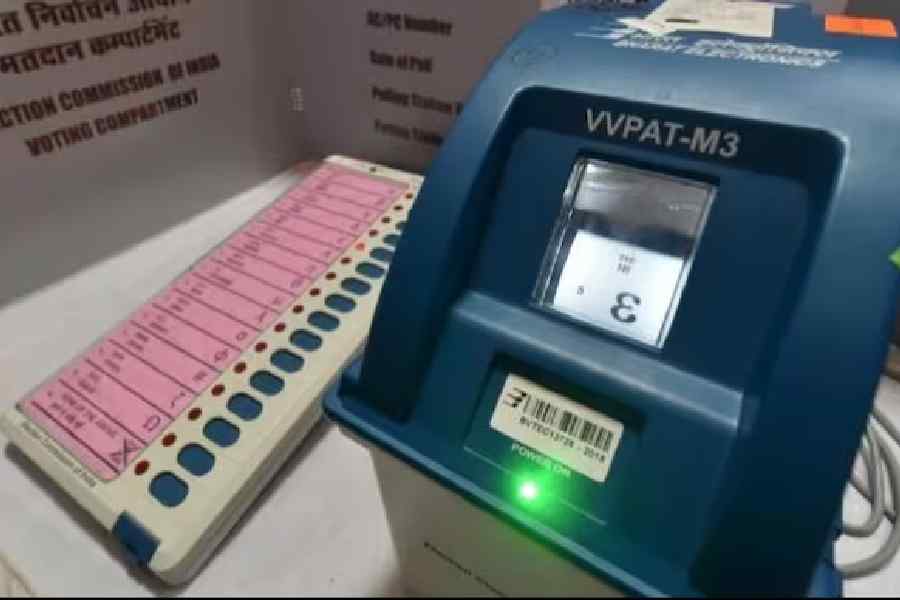Budget 2020 has no direct benefits for the auto industry, but the government’s outlay of Rs 3 lakh crore for the rural sector and Rs 1.7 lakh crore investment in transport infrastructure will have a positive impact on the industry in the long term. This was stated by Shashank Srivastava, executive director, sales and marketing, Maruti, at a roundtable meeting with the press in New Delhi on Tuesday.
However, the company is trying to gauge the impact of the increase in customs duty on palladium, a rare earth that is used to make catalysts in BS-VI vehicles.
“We are not sure what this means. We are still trying to read the fine print. But if it does entail a price hike in duty for importing palladium, that will definitely have a negative impact on the auto industry,' said Srivastava.
“The positives from the budget this year for the sector have been the massive outlays in rural sector and transport infrastructure,” he said.
“Earlier there used to be an expectation around the excise duty in the budget but now with the GST regime, it is the GST Council that takes decisions that directly affect us,” Srivastava said.
“The positives from the budget this year for the sector have been the massive outlays in rural sector and transport infrastructure.”
“We are not sure what this means. We are still trying to read the fine print. But if it does entail a price hike in duty for importing palladium, that will definitely have a negative impact on the auto industry,' said Srivastava.
More than half the supply of palladium is used in catalytic converters, which convert as much as 90 per cent of the harmful gases in automobile exhaust (hydrocarbons, carbon monoxide and nitrogen dioxide) into less noxious substances (nitrogen, carbon dioxide and water vapour).
The largest selling manufacturer, which has had a roller coaster ride through the FY 2019-20 with massive degrowth in H1, has seen some positive growth this quarter. 'We have increased our market share from 49 per cent to 53.3 per cent despite retails being down by 11 per cent from April-January FY 2019-20.
Interestingly, the company has seen growth in rural sales in Q3 of 2019-20. ' In fact our rural sales have been affected less than our urban sales in H1 and now have posted positive growth in Q3. Our rural sales comprise 40 per cent of our total sales,' said Srivastava. The increased outlay in rural sector should further boost demand as it will double rural incomes in three years, said the marketing director.
The company has stopped manufacture of BS IV vehicles. 'We produced some BS IV diesel vehicles in January and we have stopped. We are discontinuing our diesel programme,' said Srivastava, who feels the market is going to turn predominantly petrol with CNG and hybrids as alternative drivetrains. Most of its portfolio of cars have transitioned to BS VI.
The company is going to showcase the Futuro-e concept, launch the new Vitara Brezza with BS VI petrol engine, the new facelifted Ignis with BS VI engine and showcase the Jimny, a compact SUV that sells in Japan and European markets during the Auto Expo 2020.

